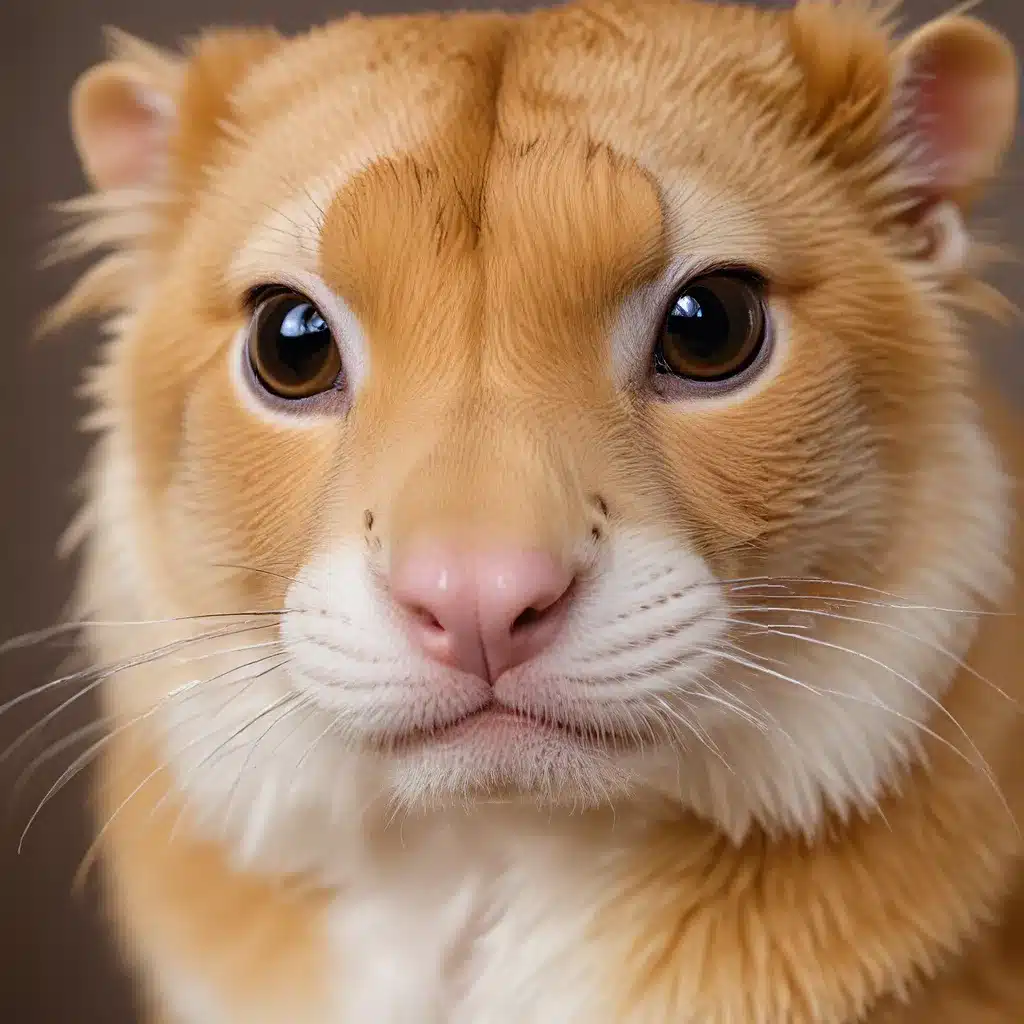
Ah, the allure of exotic pets – those captivating creatures that capture our hearts and imagination. But behind the enchantment lies a complex web of responsibilities, both behavioral and legal. As an exotic pet owner, it’s our duty to ensure our furry, feathered, or scaly companions not only thrive but also stay within the bounds of the law.
Navigating the Wild World of Exotic Pets
Let’s dive into the fascinating realm of exotic pet training, where we must carefully balance the unique needs of our animals with the ever-evolving legal landscape. After all, these critters aren’t your average house cat or loyal canine – they come with their own set of challenges and quirks that require a delicate touch.
Take the kinkajou, for example. These captivating little creatures may seem like the perfect addition to your family, with their endearing faces and playful antics. But as Kinkatopia warns, they are anything but low-maintenance. From the hefty price tag to the 24/7 commitment, owning a kinkajou is a responsibility not to be taken lightly.
“Kinkajous are smart, strong-willed, and have a bite that can easily tear through skin and muscle. Bites are not a matter of if, but when,” the website cautions. “And you better be prepared to love your kinkajou unconditionally when it happens.”
Yikes! It’s clear that exotic pet ownership requires a level of dedication and foresight that goes far beyond a quick social media post. We’re talking about making a lifelong commitment to an animal that may not conform to our schedules or expectations. But with the right mindset and preparation, the rewards can be truly extraordinary.
Mastering the Art of Exotic Pet Training
So, how do we strike the delicate balance between our exotic pet’s behavioral needs and the legal obligations that come with their care? It all starts with thorough research and a deep understanding of the species.
First and foremost, it’s crucial to familiarize yourself with the specific training requirements and environmental needs of your exotic pet. This may involve consulting with experienced owners, veterinarians, and reputable organizations like the OACU to ensure you’re providing the best possible care.
For instance, kinkajous are nocturnal creatures that require a spacious, enriched environment to thrive. Neglecting their need for nighttime activity and mental stimulation can lead to behavioral issues, such as destructive tendencies and aggression. By creating a routine and tailored habitat, you can help your kinkajou feel safe, secure, and content.
But it’s not just about the animal’s wellbeing – we must also navigate the legal landscape with care. As the AVMA’s Principles of Veterinary Medical Ethics highlight, veterinarians have an ethical responsibility to act in the best interests of their patients, while also considering the interests of their clients and the community.
This means ensuring that our exotic pets are not only cared for to the highest standard but also kept within the legal boundaries of our local and regional regulations. Failure to do so can result in hefty fines, confiscation, or even criminal charges.
Balancing Act: Bridging the Gap Between Needs and Obligations
So, how do we strike the perfect balance between our exotic pet’s behavioral needs and the legal obligations we must uphold? It’s a delicate dance, to be sure, but one that can be mastered with the right approach.
First and foremost, we must accept that owning an exotic pet is a serious commitment. These animals are not like our traditional furry or feathered companions – they require specialized care, attention, and a deep understanding of their unique traits and tendencies.
As responsible owners, we need to be prepared to invest the time, resources, and effort required to ensure our exotic pets receive the best possible care. This may mean setting aside a significant portion of our budget for specialized veterinary care, constructing intricate habitats, and committing to a rigorous training and enrichment regimen.
But it’s not just about the practical considerations – we must also cultivate a genuine connection and empathy with our exotic pets. By understanding their individual personalities, preferences, and challenges, we can tailor our approach to meet their specific needs, while also ensuring we’re operating within the bounds of the law.
Embracing the Exotic Pet Lifestyle
Owning an exotic pet is not for the faint of heart, but for those willing to put in the hard work, the rewards can be truly extraordinary. Imagine the thrill of watching your kinkajou masterfully navigate its custom-designed enclosure, or the satisfaction of seeing your parrot respond to a carefully crafted training program.
These moments of connection and accomplishment make the challenges of exotic pet ownership well worth it. And by staying informed, adaptable, and committed to the wellbeing of our animals, we can ensure that our exotic companions not only thrive but also remain firmly within the scope of the law.
So, if you’re ready to embark on the exotic pet journey, embrace the challenge with open arms. With the right mindset and a willingness to learn, you can create a harmonious and fulfilling relationship with your captivating companion, all while navigating the complex landscape of legal obligations. After all, at Golden Exotic Pets, we believe that the rewards of exotic pet ownership far outweigh the obstacles – as long as you’re willing to put in the work.

